The Covid-19 pandemic showed that education could cope but is not ready for total or exceptional on-line teaching and learning. Vocational education and training still faces the lack of resources, tools, knowledge, skills and competencies. However, a gigantic leap was made, and now there is the momentum to develop the best formats for digitalization further to meet the requirements of climate change mitigation through technology transfer and the implementation of artificial intelligence, for instance.
Distant working and learning will increase dramatically in the future. Practical and social skills needed in working life life need to be taught either in an authentic learning environment at school or at a real workplace. The trend seems to be on the increase in work-based learning, which is to be welcomed by VET providers. There are, however, a lot of both younger and older students, to whom it is necessary to arrange some training first at school before starting the use of more non formal and informal learning in real working life.
In the future a lot of people need to change their careers
Traditionally VET providers have focused on education after primary school and offer diplomas in certain qualifications and skills. In the future, after Covid-19 and due to the global changes mentioned before, a lot of people will need to change their careers and quickly adapt to totally new working environments and the use of new relevant tools. Beside the full or partial qualifications, we do need micro credentials to ensure employment of all working age people as effectively as possible. Some companies already have different types of certification systems and it is not a good idea to reinvent effective working processes. Thus, very good cooperation with companies and public sector organizations is needed to get the best possible results.
What, then, is required from us as VET providers? We need to analyse our curricula carefully, and discuss with employers, to find flexible ways of employing people who have lost their jobs and help new students to complete their full degree. We do have to remember that vocational education and training offers the basis for good vigor and competitiveness in its area.
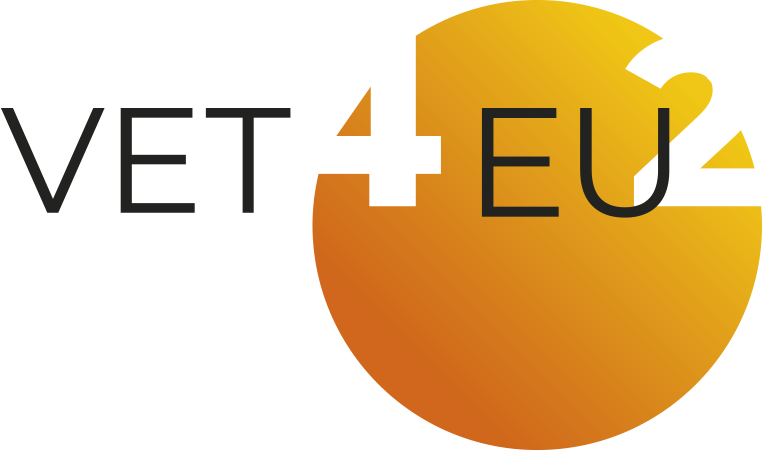
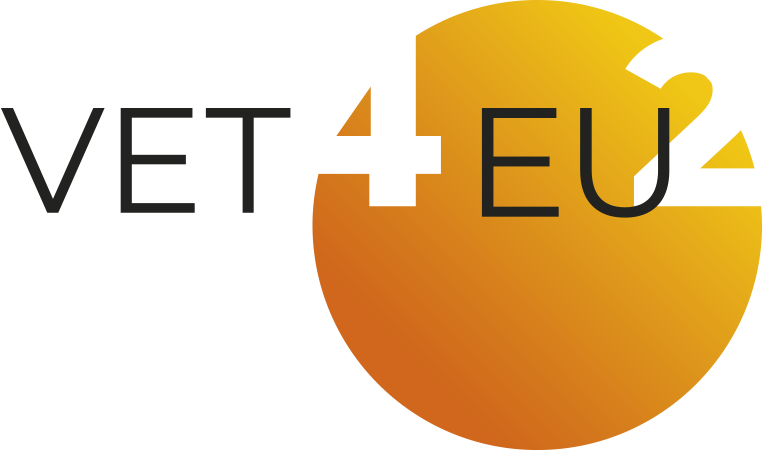

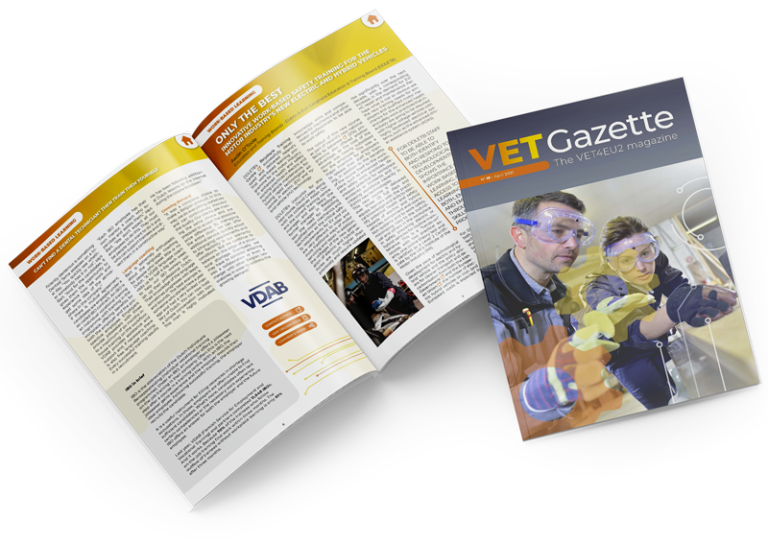
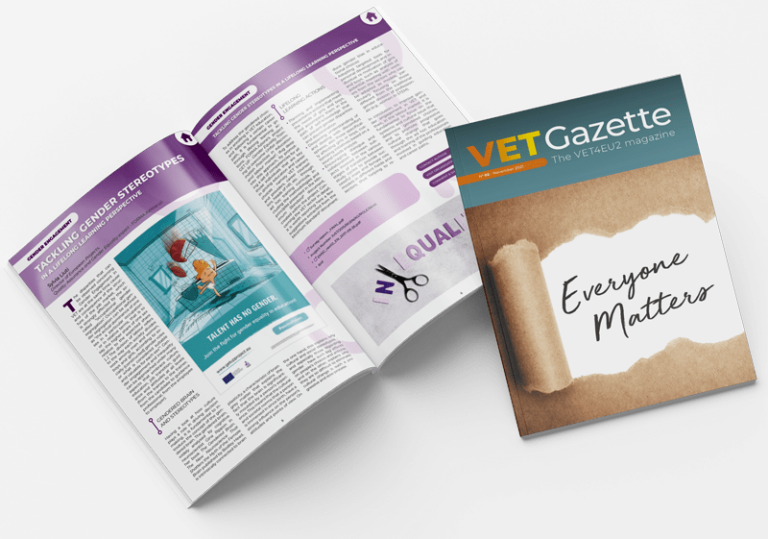
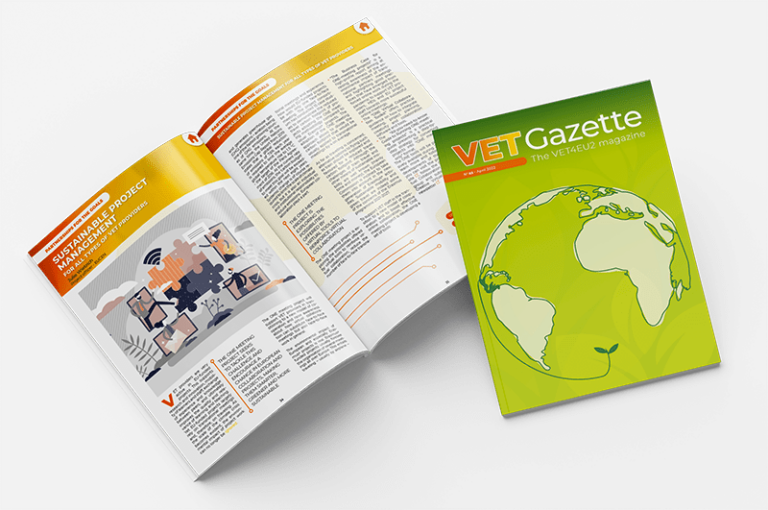
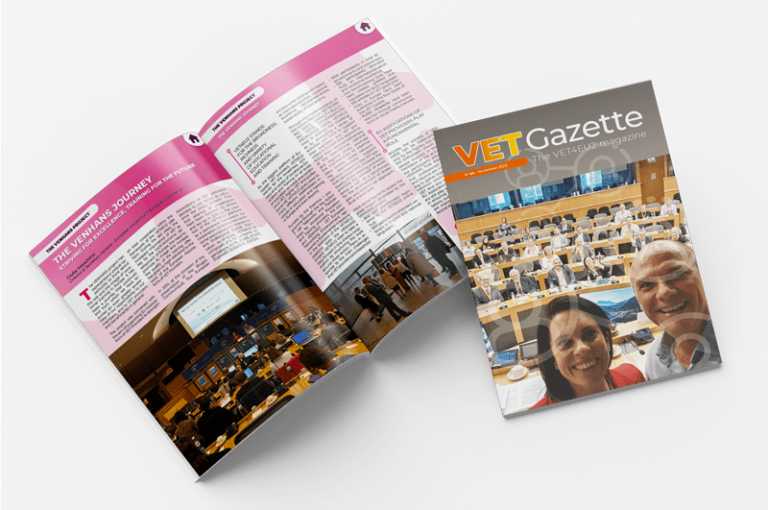

Responses
I fully agree with the author that there are a lot of issues connected to the idea of Micro Credentials. For example, new approaches for teaching and learning like agile workshop formats, assessment and recognition through openBadge approach. There is a broad discussion on epale on that topic, initiated by a.o. Andrew McCoshan.
Here I would like to refer to the last point mentioned above, the challenge of quality assurance for micro credentials.
In other words: how to define micro credentials to meet the labour marke needs.
In this respect I recommend a closer at:
https://epale.ec.europa.eu/en/private/community-european-vet-practitioners-members-group/micro-credentials-solution-some-macro
The mentioned approach of the Hamburg standards for modules of continuing training has demonstrated that the modules are defined in accordance with labour market requirements. In my opinion it is an excellent basis for further development.